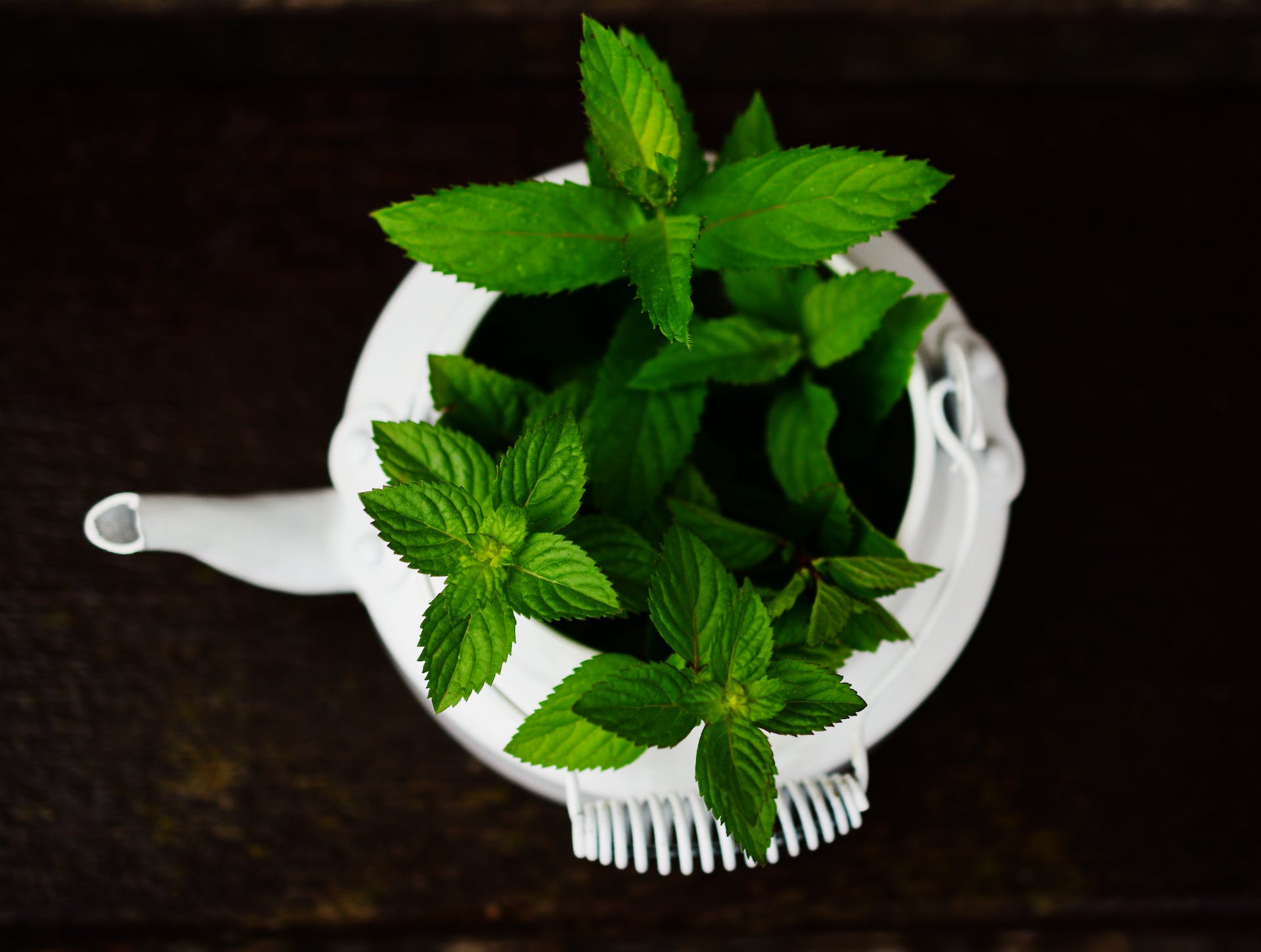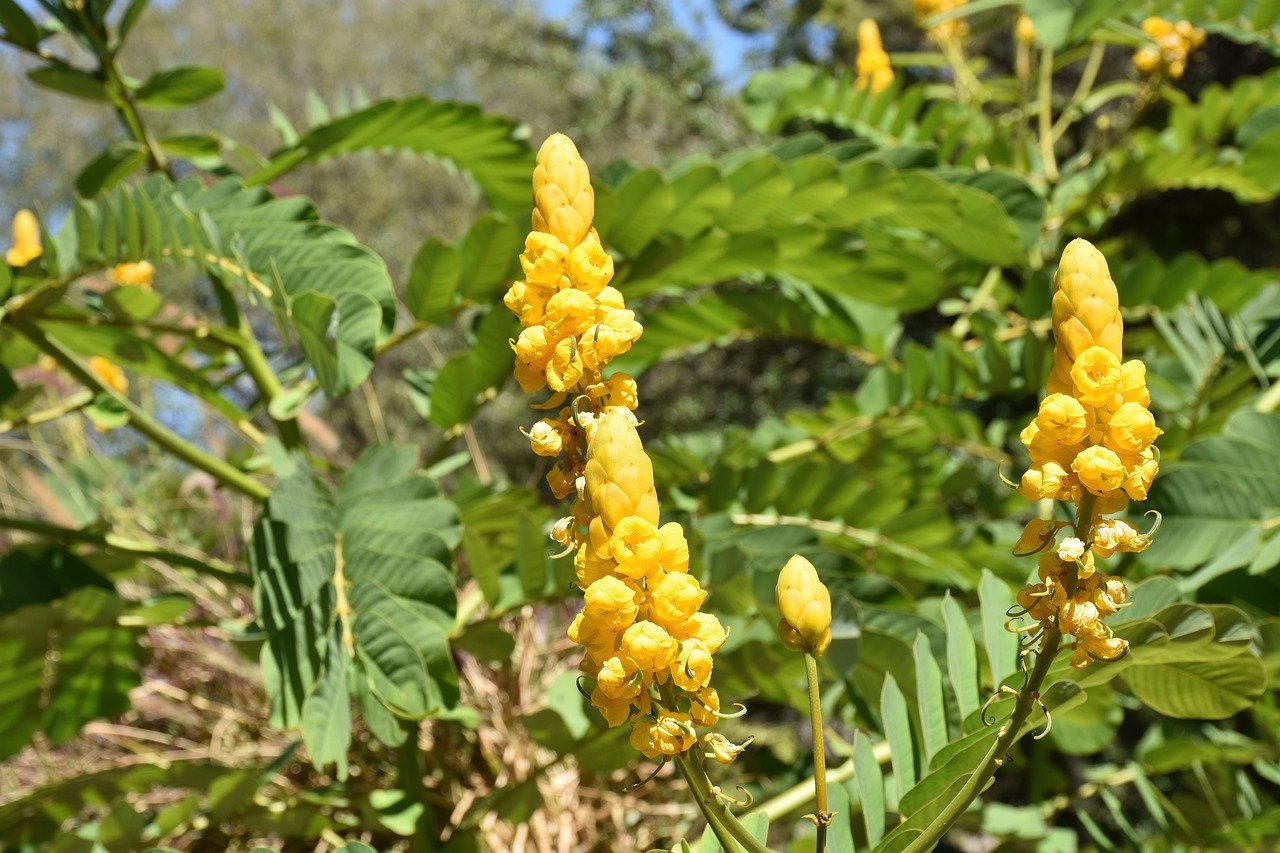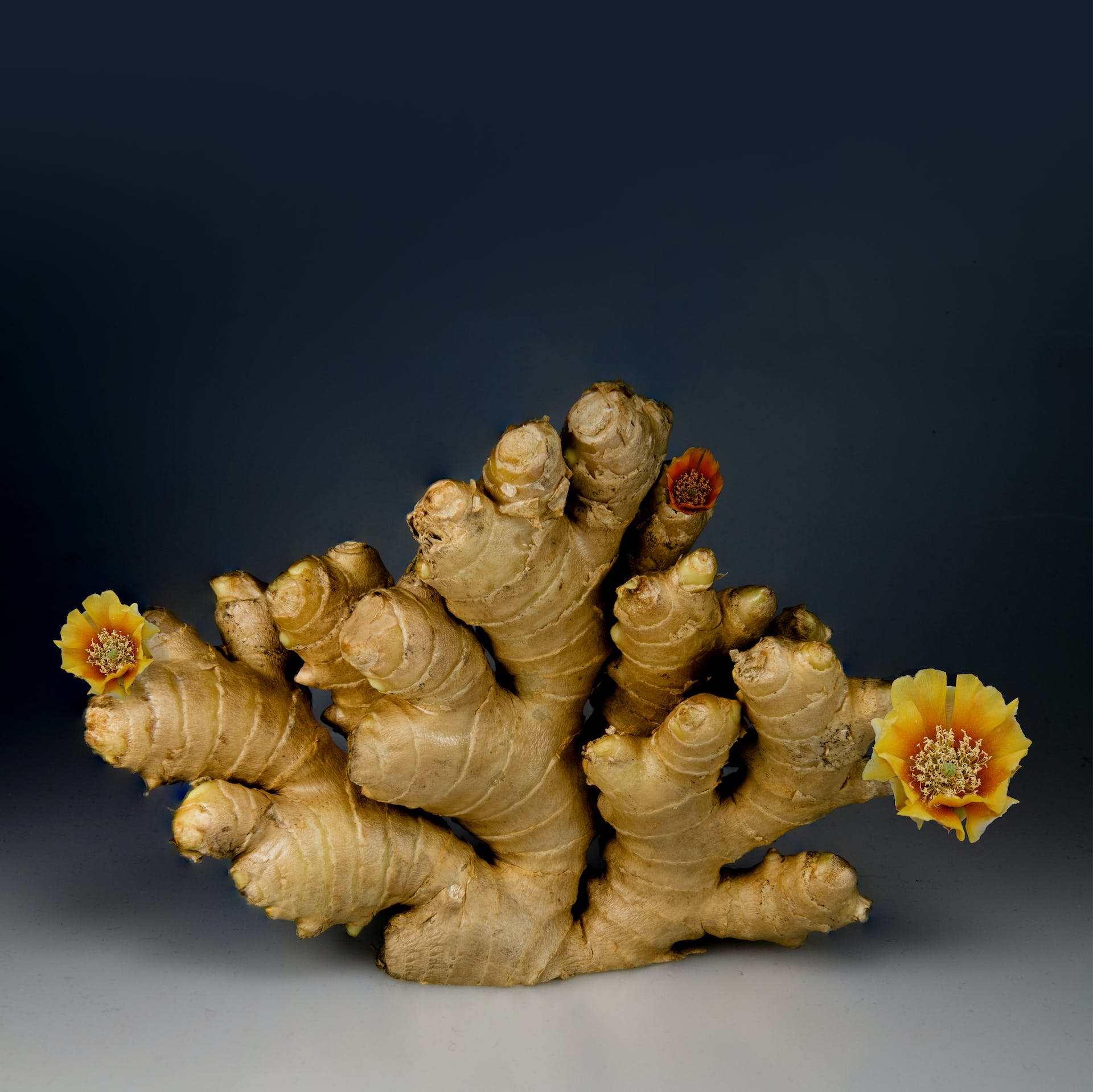Tea has always been consumed over the centuries because of its many medicinal health benefits. Most teas are known for their ability to stimulate the digestive system which helps ease the symptoms of digestive problems, such as constipation, bloating, IBS, and gas.
Can Tea Really Help with Constipation?
In general, drinking warm liquids can help stimulate the digestive system which helps relieve the symptoms of constipation. However, just because your drink is warm, it doesn't mean it will benefit your digestive system. Take for example drinks that are high in caffeine, such as coffee. It has been known that coffee may actually cause constipation. Yes, caffeine can stimulate the digestive system muscles, but it is also very dehydrating. For the stool to pass smoothly, you need to stay hydrated as the extra water makes your stool softer. Tea also has caffeine, but it is considerably less than that of coffee--and it does contain other substances that help relieve digestion problems.
For example, green tea contains polyphenols, including catechins. According to a study published in the Journal of Agricultural and Food Chemistry" in 2005, catechins in green tea increase the activity of the digestive enzyme that help breaks down proteins in the stomach called pepsin. Black tea comes from the same plant as green tea, but it doesn't contain as much catechin. So, it may not be as effective when it comes to relieving digestive problems.
8 Herbal Teas for Digestive Problem Relief
Although herbal teas don't come from the tea plant Camella Sinensis, most of them are very healthy. Some even have a laxative-like or muscle-relaxing effect that helps relieve constipation by encouraging a bowel movement. Here are some of the best herbal teas for constipation and other digestive problems.
Peppermint
Senna
Senna tea comes from the pods and dried leaves of the Senna Alexandria shrub. Senna is a well-known laxative ingredient which is why it is frequently used in many teas. The laxative effect of the Senna plant comes from the compounds called glycosides, which helps stimulate the digestive system. Teas are not the only ones that contain senna. Many OTC laxative pills contain high concentrations of senna (more so than teas), which makes them highly effective in treating constipation.
Ginger
Ginger root is a popular natural remedy for poor digestion. Ginger has always been used throughout the century to treat irritation in the digestive system to improve digestion. Drinking one or two cups each day after meals can help the body process food and produce regular bowel movements.
Dandelion
Dandelion tea is good for mild digestive ailments, such as occasional constipation or bloating. Dandelion has been known to stimulate bile production from the liver, which indirectly helps in alleviating symptoms of constipation. Additionally, this tea acts as a diuretic, which adds more water to the stool and the digestive system. And as mentioned before, water helps keep the stool soft for easy and smooth passing. To take advantage of dandelion tea's many health benefits, drink a cup after each meal.
Licorice Root
Licorice root has an anti-inflammatory effect that may aid in digestion. This is why it is a popular tonic for digestive problems. Drink a cup of licorice root tea after a heavy meal to help settle your stomach and stimulate bowel movement.
Marshmallow Root
No. This is not the marshmallow you are thinking of. Although it's not the soft and chewy sweet treat we all love, it is just as interesting. Marshmallow root has the same laxative properties as licorice root, which is why it is a common ingredient in most medicinal teas. It is advisable to drink a cup of marshmallow tea towards the end of the day.
Chamomile
Chamomile is probably one of the most popular herbal teas available in the market, as it is best known for its soothing effects on the body.
Parsley
Parsley is another common herb that can help with digestive problems. If you are suffering from mild constipation, you can drink teas that include the seeds or leaves of parsley. The leaves or stems of this plant can also be chewed to relieve you of issues such as flatulence and bad breath.
Risks and Warnings
Most people find herbal teas to be relaxing and soothing. However, there are also some factors you need to consider. For starters, never let a child drink herbal teas that have a laxative effect because the effect is not the same with adults. Many over-the-counter laxative medications are available in doses specifically for younger people. But, do consult first with a pediatrician for the best and safest ways to treat constipation in children before giving them any medication.
When it comes to side effects, herbal teas also have some. For example, herbal teas that contain senna can increase your risk of diarrhea. Some active ingredients in herbal teas may also negatively interact with some medications. If you are currently taking any medication, always ask your doctor or a pharmacist if any of the ingredients in the herbal tea will interact with your medication.
Laxative herbal teas can help relieve you of your constipation, but should only be taken occasionally. If you find yourself constantly in need of laxative teas to soften your stool for smooth passage, then maybe it's time to consult with a doctor to properly diagnose and treat the root cause of your chronic constipation. It's important to receive a proper diagnosis because chronic constipation may be a symptom of an underlying medical condition.
If you are not sure how tea and other herbal products can affect you, especially if you are taking any medications, you can always consult with a healthcare provider.
Other Treatments for Constipation
There are a lot of effective over-the-counter laxatives available. However, you can also try these preventive strategies to avoid getting constipated in the first place.
- Drink plenty of water to stay hydrated. This will help with your bowel movement and overall health. If you are experiencing recurring constipation, make it a habit to drink 8 glasses of water a day.
- Increase your physical activity to help stimulate your digestive system and keep your bowel movements regular.
- You may find it surprising but stress can also cause constipation. So, keep stress to a minimum as much as you can, or you can try relaxing techniques, such as breathing exercises, yoga, and meditation.
- Eating lots of fiber-rich foods like fruits and vegetables can help keep your bowel movements regular.
The Bottom Line
Some herbal teas have a laxative-like effect that helps relieve occasional constipation. However, for long-term or severe constipation, you need to see a doctor as you might have an underlying condition that needs immediate medical treatment. See a doctor as soon as possible if you are frequently constipated or if you have been constipated for several days already. Likewise, if you are taking any medications, consult with your doctor first before taking any herbal teas just to be on the safe side.











1 Comments
I wanna give this review about Dr Okosun, an African herbalist who saved my life from Herpes virus, Never in my life did I think HSV could be cured by any herbal medicine, I'm using this opportunity to reach the life of hundreds of people currently facing such diseases/virus all hope is not lost. However chronic the sickness or disease Dr okosun will cure you permanently from it, For I'm a living testimony of his miraculous work..
ReplyDeletedrokosun55@gmail.com